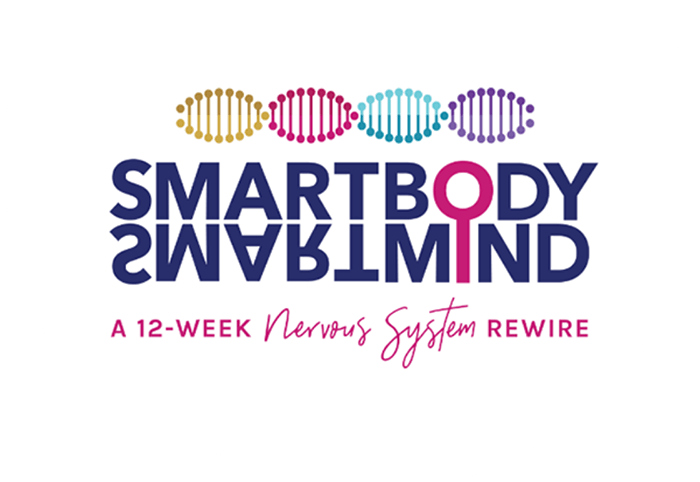I hear often, through this work, the term re-traumatization and every time I hear it I get scared. What if I’m doing something wrong? And doing more bad than good? I think there isn’t enough education out there on this. Can you please explain what re-traumatization is and how to know when it’s happening?
Call Tag: practice
Due to my big T Trauma, I had arthritis in my neck, shoulders, and my shoulder muscles were torn. Doctor of physical therapy says it’s hard to treat arthritis. What neuro-exercise can I do to heal them? I’m now doing tense, relax and containment.
How do I know what to do?” Lots of questions about, ” What exercise do I apply when? How do I know what to do when I’m feeling a lot of high emotion? What to do if there’s, say, movements, I have movements coming, but it’s always the same, nothing changes?
What to do to feel more sensations, particularly those from anger and freeze?
I’m confused about how I’m supposed to use all the exercises that I’ve learned so far.
I’m having trouble feeling my organs within my own body. They are just a mental concept to me. Through this work, I’m starting to feel the container of my body, but the inside still mostly feels like a vague void. Interestingly, looking at photos of a dissected body signals my brain to body to feel more real and like a hefty bag of meat than it is. Is this A, common, B, cause for concern, C, something that will naturally resolve through this program? Do you have specific guidance regarding the organs?
What to do when just people in general that you encounter seem like characters from your past?” Like your landlord reminds you of your third grade teacher or your boss is echoing patterns from your father. Why?
“Does connecting with the body in an environment really get to feel better? Biology of stress number five, the slide on the things to build capacity. Doing these things exhausts me. It feels like so much work. It feels boring. It actually inhibits my ability to do a lot of stuff that my body does do automatically on autopilot. I have to go back into my head and thoughts to rest, to get a break in my head. It feels like relief and ease connecting with the environment is exhausting.”
“I found the basic joints exercise helpful and even pleasant to do, possibly because it took my attention away from the deep seeded tension in my face and throat, in particular. My breathing feels constrained by the chronic tension in my throat in an ingrained pattern of shallow breathing, holding my breath for no apparent reason. What are some ways to begin working on relaxing the muscles in the throat to breathe and talk more freely?”
I’m having issues with identifying sensations, emotions, and feelings. Both when I’m dysregulated and when I’m doing the neurosensory exercises. I did think I was getting more regulated, but now feel I’ve gotten more dysregulated. Could you please suggest reasons for not being able to identify these? And how can I make progress? It feels like I’m just not getting it at all. I find I’m making guesses to what these sensations or feelings are, and then I later realize that that wasn’t right.
